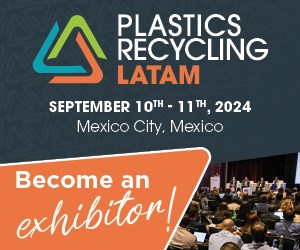Who You Gonna Call? Hoax Busters!
It's about time.
It's about time. I don't need any more phone calls from friends and relatives asking about the latest scare story that plastics threaten their children's health or the sea turtles or the gray whales. You must receive similar challenges to defend the business you're in. It's bad enough to hear ill-informed or downright fallacious reports about plastics on television or read them in the newspapers. But the speed at which rumors fly around the internet adds a confounding new dimension to the problem.
I opened my e-mail one recent morning to find this headline: “U.S. Automakers Receive Near Failing Grades on the Use of Environmentally Safe Plastics in Cars.” It cited a report from two ecology groups that breathlessly announced that “automakers still rely heavily on petrochemical-based plastics, many of which release toxic chemicals during production, vehicle usage and disposal, and are difficult to recycle. PVC is a prime example of an unsustainable plastic.” That old villain PVC, at it again! The report praised Toyota for using a biodegradable resin in one car it sells in Japan. The authors seemed to think Toyota is the only car maker using recycled plastics! Don't get me started.
Finally, someone has done something to counteract these rumors. The American Plastics Council has launched a website, www.PlasticsMythBuster.org, that can help anyone confronted by anti-plastics propaganda. It includes a Rumor Registry, How to Spot a Rumor, and links to websites that provide information to combat spoofs and hoaxes. One of my favorites is the site of the American Council on Science and Health (www.acsh.org), which reviews the Top 10 unfounded health scares of 2004. Look it up. Two of them were about plastics.












